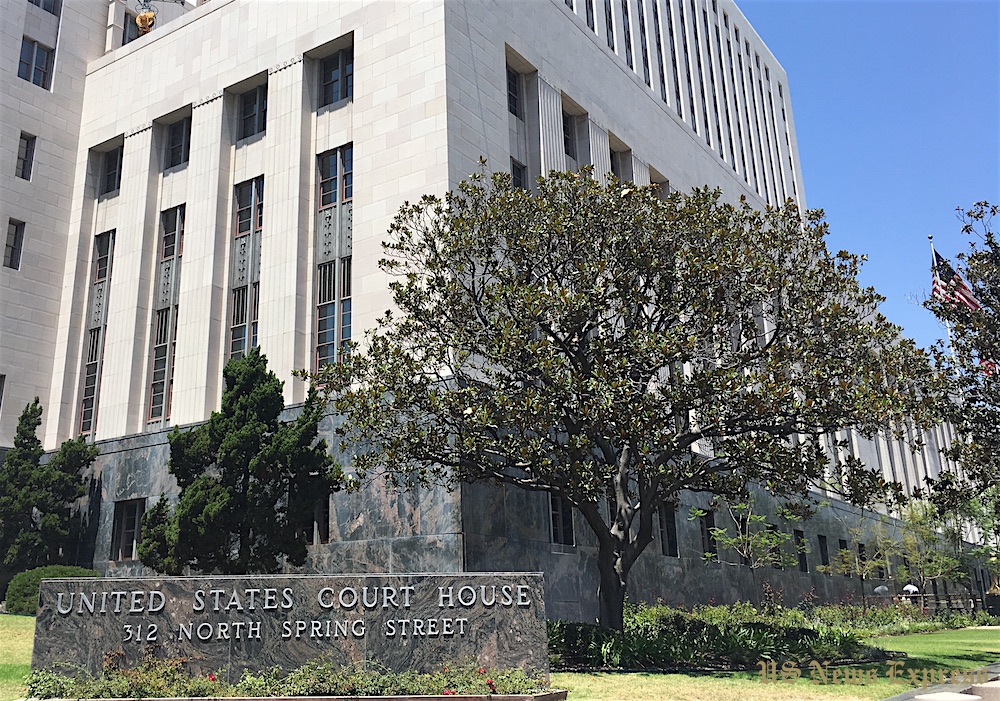
LOS ANGELES – The Justice Department today announced an agreement with the Superior Court of California, County of Los Angeles (LASC) to ensure that limited English proficient (LEP) court users will have access to timely and accurate language assistance services.
The agreement resolves a Justice Department investigation of a complaint filed by the Legal Aid Foundation of Los Angeles that alleged the LASC failed to provide LEP individuals with meaningful access to its court services, including civil proceedings and court operations. The complaint alleged a violation of Title VI of the Civil Rights Act of 1964 and its implementing regulations, which prohibit discrimination on the basis of national origin.
“The Los Angeles County Superior Court has accepted the challenge of serving the needs of limited English proficient individuals in one of the most populous and linguistically diverse areas of the country,” said United States Attorney Eileen M. Decker. “Protecting the civil rights of all people within the Central District of California is one of my top priorities as United States Attorney, and today’s agreement serves that goal by giving greater access to the judicial system to individuals so that they may protect their own rights.”
During the investigation, the LASC steadily expanded its provision of interpreter services, which now includes all criminal and the vast majority of civil proceedings, as well as oral and written language assistance in court services. The LASC has agreed to expand free interpreter services to unlimited civil matters – the last remaining case type in which language services are currently not guaranteed – by December 1, 2017. Among other commitments, the court will translate additional documents, provide broader notice about the availability of free interpreter services for court proceedings and make it easier to request an interpreter. The LASC will also continue to seek input from community partners serving LEP populations. Under the terms of the agreement, LASC will provide periodic updates to the Justice Department until the end of 2017.
“We applaud the Los Angeles County Superior Court for committing to protect the rights of all people, whatever their national origin or level of English proficiency, to participate meaningfully, fully and fairly in state court proceedings,” said Principal Deputy Assistant Attorney General Vanita Gupta, head of the Justice Department’s Civil Rights Division. “Providing effective language services is essential to vindicating the civil rights of court users and safeguarding the integrity of our justice system.”
While the department’s investigation focused on the LASC, the structure of the California judicial system required the department to review policies circulated and enforced at the state level through the California Judicial Council and its staff. In a 2013 letter sent to the LASC, the Chief Justice of the California Supreme Court and the California Administrative Office of the Courts, the Justice Department identified Title VI compliance concerns, made recommendations to improve compliance and offered to work collaboratively to ensure compliance. LASC representatives helped the California Judicial Council to develop and implement the Strategic Plan for Language Access in the California Courts to ensure meaningful access to court proceedings and other court operations throughout the state’s unified court system. The Justice Department is working separately with the Judicial Council to resolve the portion of the investigation focused on statewide compliance.
This matter was jointly investigated by Assistant United States Attorney Richard Park of the Civil Division in the Central District of California and Attorney Anna Medina of the Civil Rights Division’s Federal Coordination and Compliance Section (FCS).
For more information about FCS’s State Courts Language Access Initiative, a multi-pronged initiative focused on enforcement, technical assistance, outreach, resource development and policy efforts to ensure meaningful access to state courts receiving federal financial assistance, visit www.lep.gov or view a recently released Justice Department publication, “Language Access in State Courts.” To learn more about languages spoken in California or other parts of the United States, click on the language map app available here https://www.lep.gov/maps/.



















